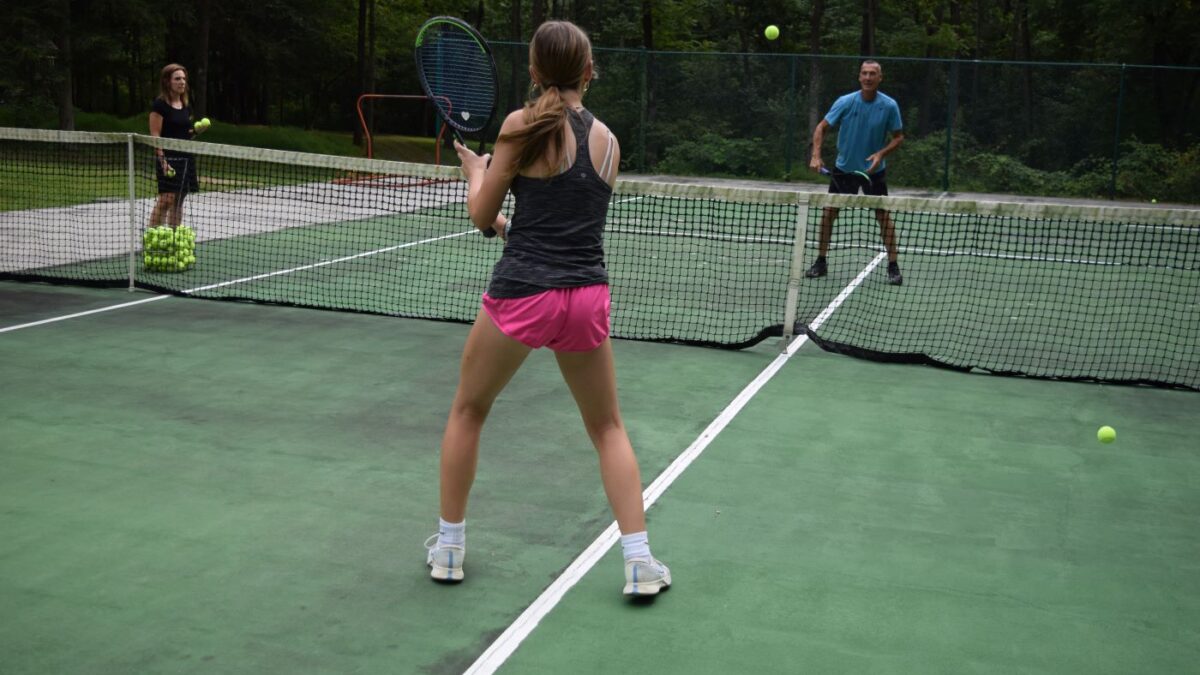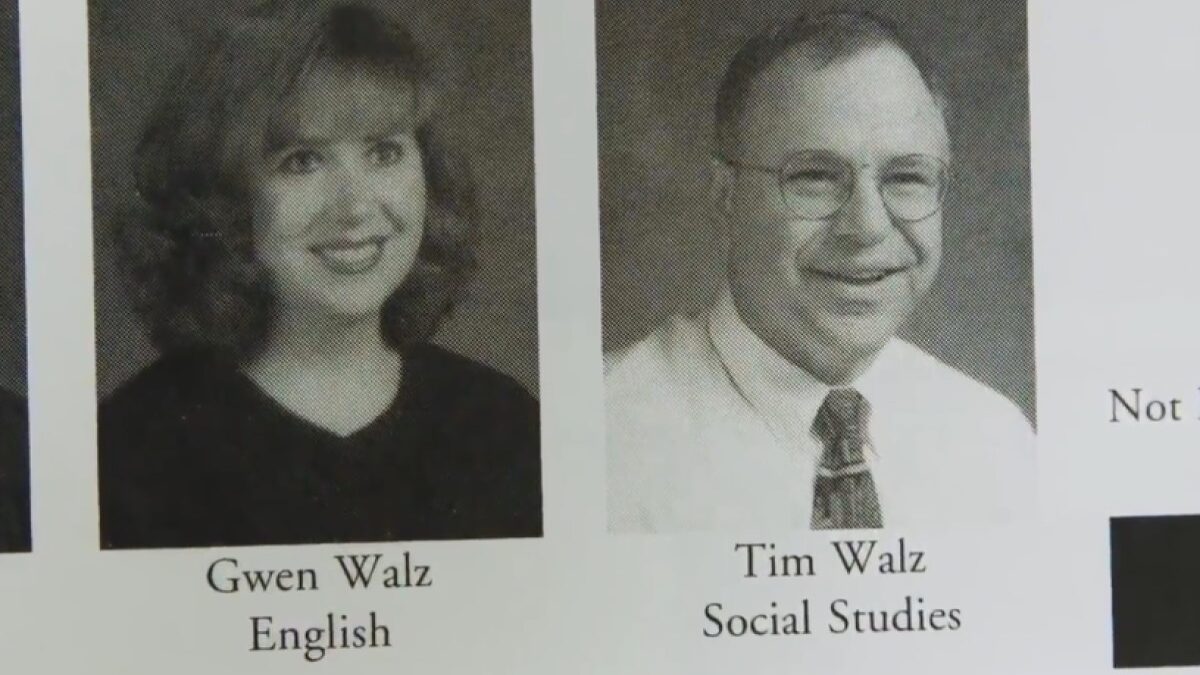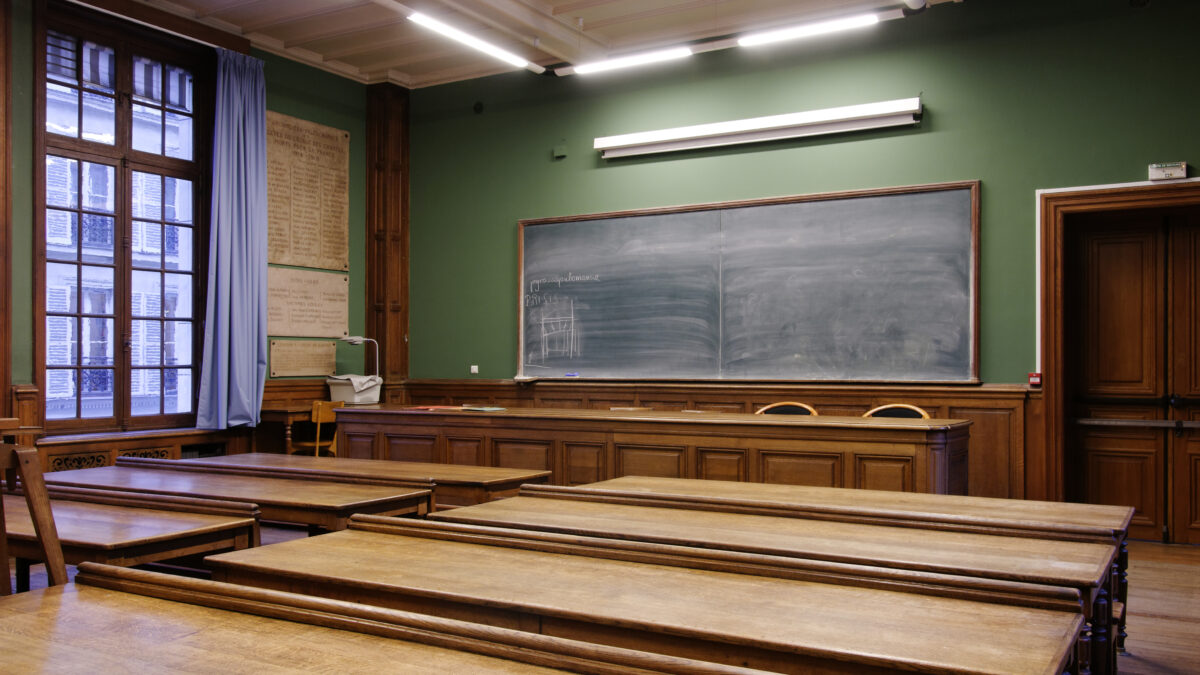
Like the rest of the world, the coronavirus has thrown a wrench into America’s schooling system. Some districts are seeing increases up to 175 percent in the number of home schooling families. Instead of dealing with online instruction or a teacher’s strike, many families rightly think they’d do a better job of educating their kids at home.
Despite its rising popularity, however, there are still several popular myths about home schooling. Having grown up in a home-school, I’ve encountered many of these falsities. They weigh on the minds of those who choose this option and prevent others from making the choice.
Here are five verifiably false myths that, unfortunately, continue to follow home schooling around and unfairly tarnish its reputation.
Myth 1: Home Schooling Is Only for White Families
Harvard University professor Elizabeth Bartholet says home-schools attract “‘extreme religious ideologues’ who question science and promote female subservience and white supremacy.” In reality, nearly 32 percent of home-schooling students are black, Hispanic, and Asian. In my home-school community, there were Filipino families, Hispanic families, foster families, and more.
Perhaps more importantly, people of color who home-school excel. A 2015 study found black homeschool students score 23 to 42 percentile points above black public school students. Isn’t such diversity and achievement what public schools strive for?
Myth 2: Home-School Kids Can’t Get Into College
The Journal of College Admissions found that home-schoolers began college with 14.7 college-level credits compared to public schoolers’ six, on average. Home-schoolers also tend to score better on the ACT and SAT.
The dean of admissions at Amherst College praised home-schoolers for their “thicker folders,” boasting extracurricular activities, innovative coursework, and unique perspectives for seeing the world. Schools seek out home-schooling students as they graduate college at a better rate of 66.7 percent for home-schooling and 57.5 percent for public school students.
Admittedly, their path to college may look different, but that doesn’t make it wong. I’m a prime example. I transitioned to a local junior college without taking the SAT or ACT and am now a junior in agricultural engineering with an internship at one of the leading irrigation companies in California.
Myth 3: Home-schoolers Are Unsociable
The accusation that “Home-schoolers are anti-social” is an old accusation. Here’s the relevant question, however: antisocial from what? The kids abusing alcohol or drugs? Or cutting or dealing with an eating disorder?
In 2010, 21 percent of seniors in high school had smoked marijuana recently and 19 percent had smoked cigarettes. Ten percent of children have been exposed to porn from teachers, and 7 percent of kids in 8th grade have been exposed to sexual contact from an adult.
According to the National Home Education Research Institute, “Legally home-schooled students are 40 percent less likely to die by child abuse or neglect than the average student nationally.” Home-schooling is not meant to be a rock, but a shield from the nasty reality we live in.
Myth 4: Home-schooled Kids Aren’t Ready for the World
Growing up, perfect strangers would ask “How will you deal with the real world?” Here was my answer: I’ve worked a job since I was 16, served at two churches, and met with a co-op of other families.
The question, though, often has a deeper sentiment: how naive are you? If being unprepared for the real world means that you have never done drugs, then sure, I am unprepared, but there are better ways to prepare students for the real world than feeding them to the wolves.
Myth 5: Parents Can’t Provide a Quality Education
According to a 2009 study, only 30 percent of parents who chose public school for their kids have college degrees while more than 60 percent of home-schooling parents have college degrees. It’s insulting to assume that just because parents want to choose a different type of education for their kids, that makes them uneducated or backward. If anything, active involvement with their kid’s education is a sign of wisdom.
As more and more families are beginning to home school, it grows more important to have an accurate picture. Unions are applying pressure to keep families from choosing this option. It’s only with accurate facts that we can push back and allow as many students the education they need. At the end of the day, parents are just trying to do what’s best for their kids.









